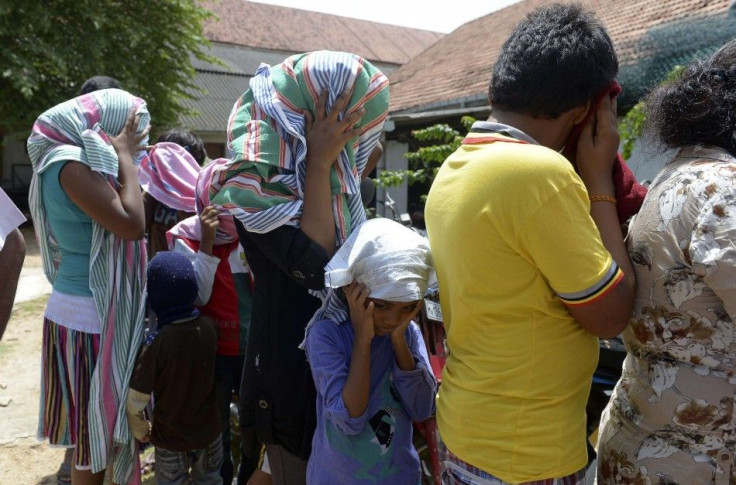Australia Admits Having 153 Tamil Asylum Seekers in Custody

Australia has admitted having 153 asylum seekers from Sri Lanka in custody as it plans sending them back to their home land after winning the High Court case against it.
The people Australia is holding back are reportedly Tamils who set off their journey on a 72-foot boat from Pondicherry in India during the mid-part of June. There are children among the group of people whose families have now started getting worried as they did not hear from them for over a week now. They will apparently be in "very big trouble" if Australia sent them back to Sri Lanka.
It was only on Tuesday, July 8 that the Australian government accepted holding back the alleged asylum seekers. It did not comment on the issue as it neither denied nor confirmed it. Australia is free not to discuss any issue in public that falls under "Operation Sovereign Borders," a military campaign which was launched in September 2013 to prevent "boats" from dropping outsiders in the country. The policy has turned out to be a controversial one as critics often call it cruel.
Australia had handed over 41 asylum seekers earlier in June to Sri Lankan authorities who confirmed it on Monday. Those Sri Lankans were accused of illegally departing their home land. Their boat was captured near the Cocos Islands. The United Nations High Commissioner for Refugees expressed its concern about Australia's denial of accepting refugees.
Lawyers representing 50 asylum seekers sought extension of the 24-hour injunction which would allow Australia to hand them over to Sri Lankan authorities. If they are handed back, they are likely to face persecution in their own country. According to human rights activists, it is not appropriate to evaluate asylum seekers at sea to make judgements about the ones who are generally asked a few questions through video conference to determine if they should be handed over to the authorities of their native country.
Contact the writer: s.mukhopadhyay@ibtimes.com.au





















